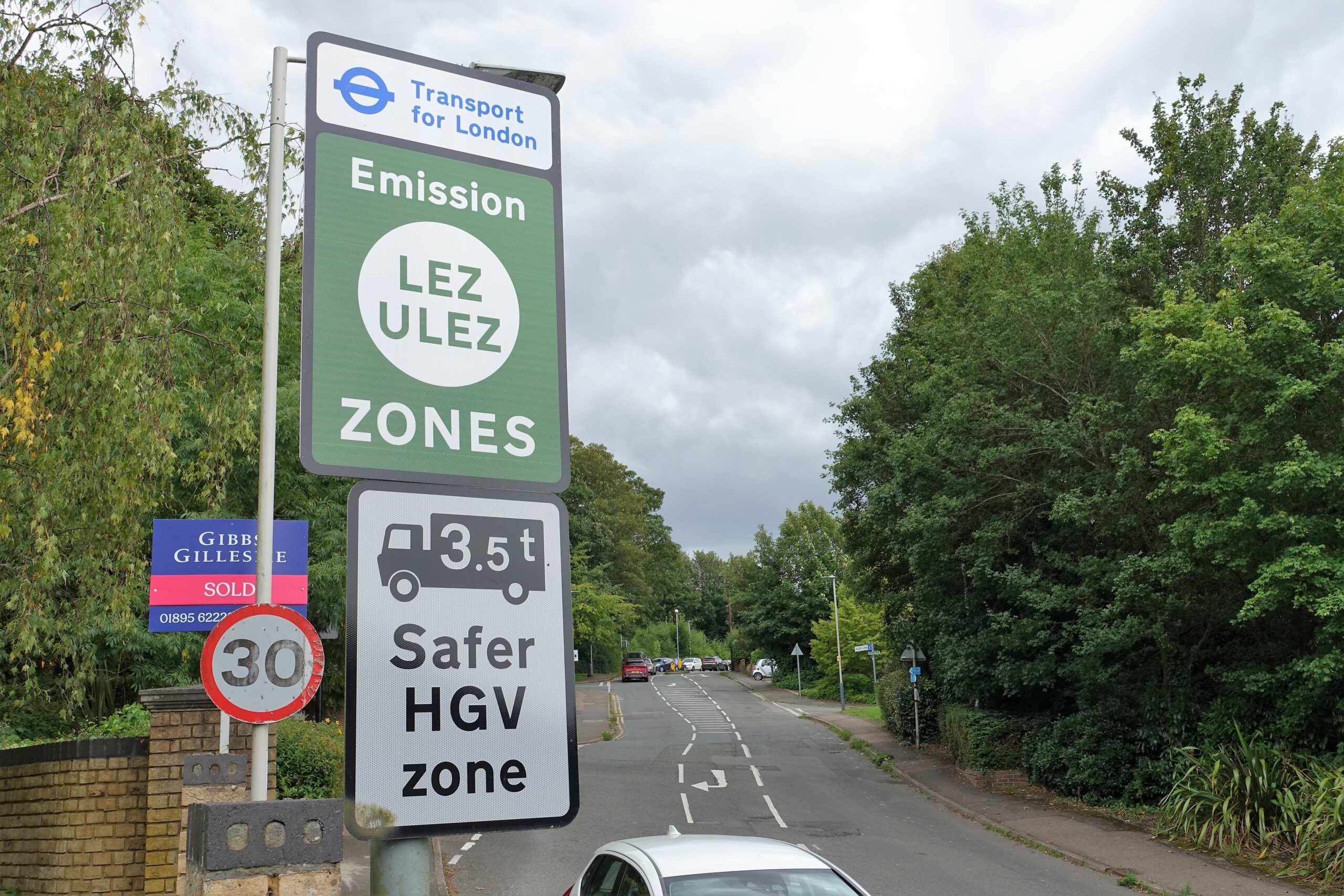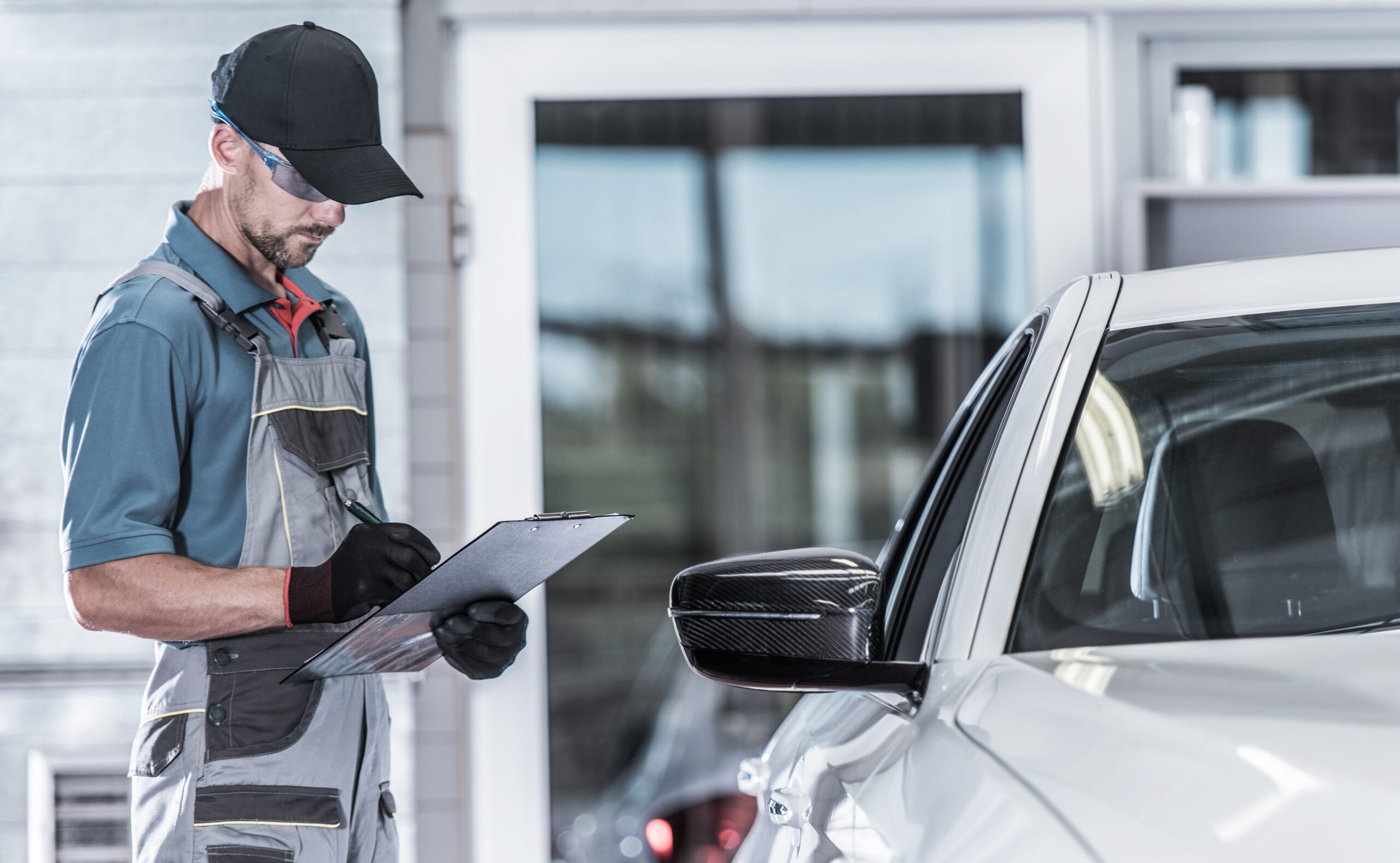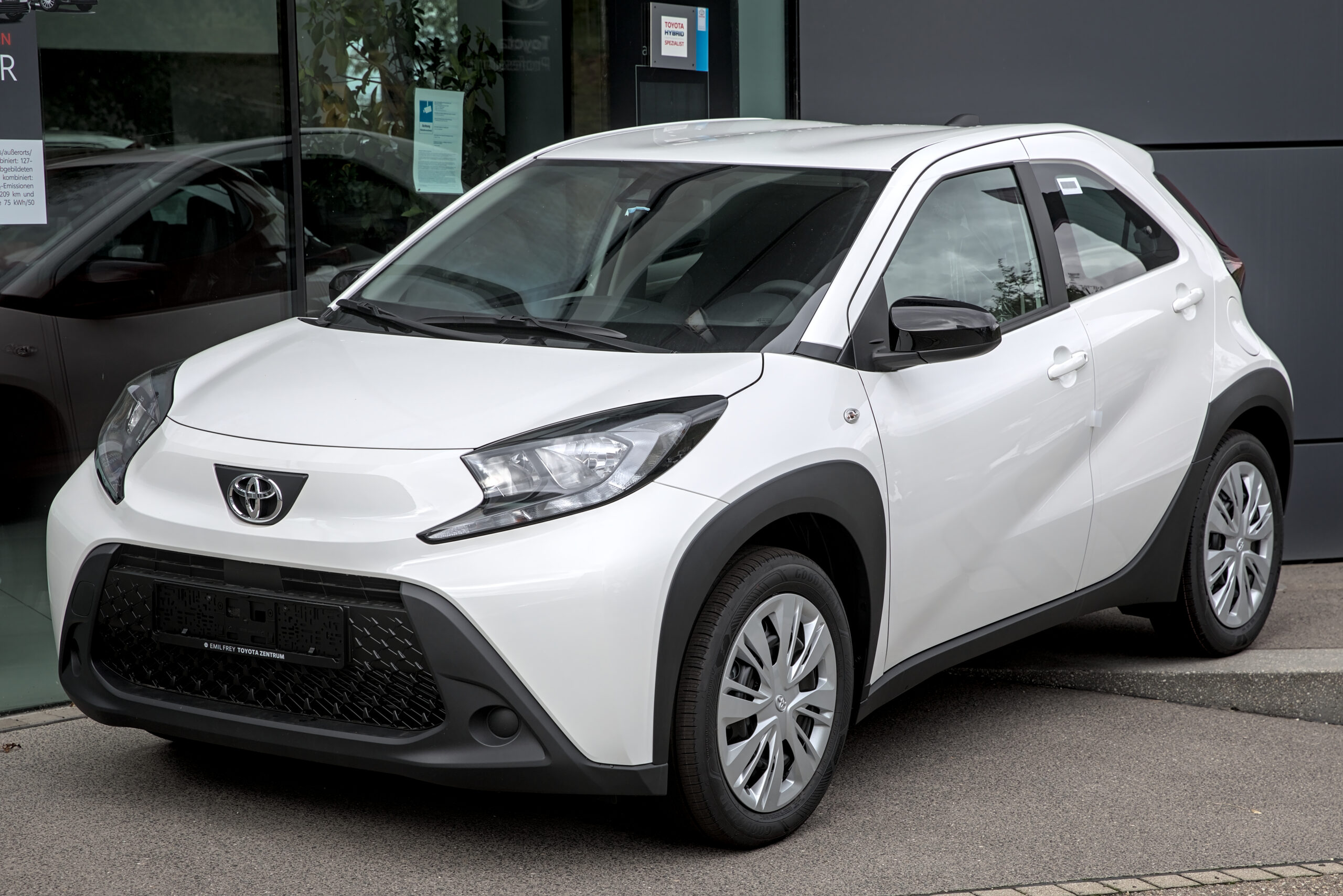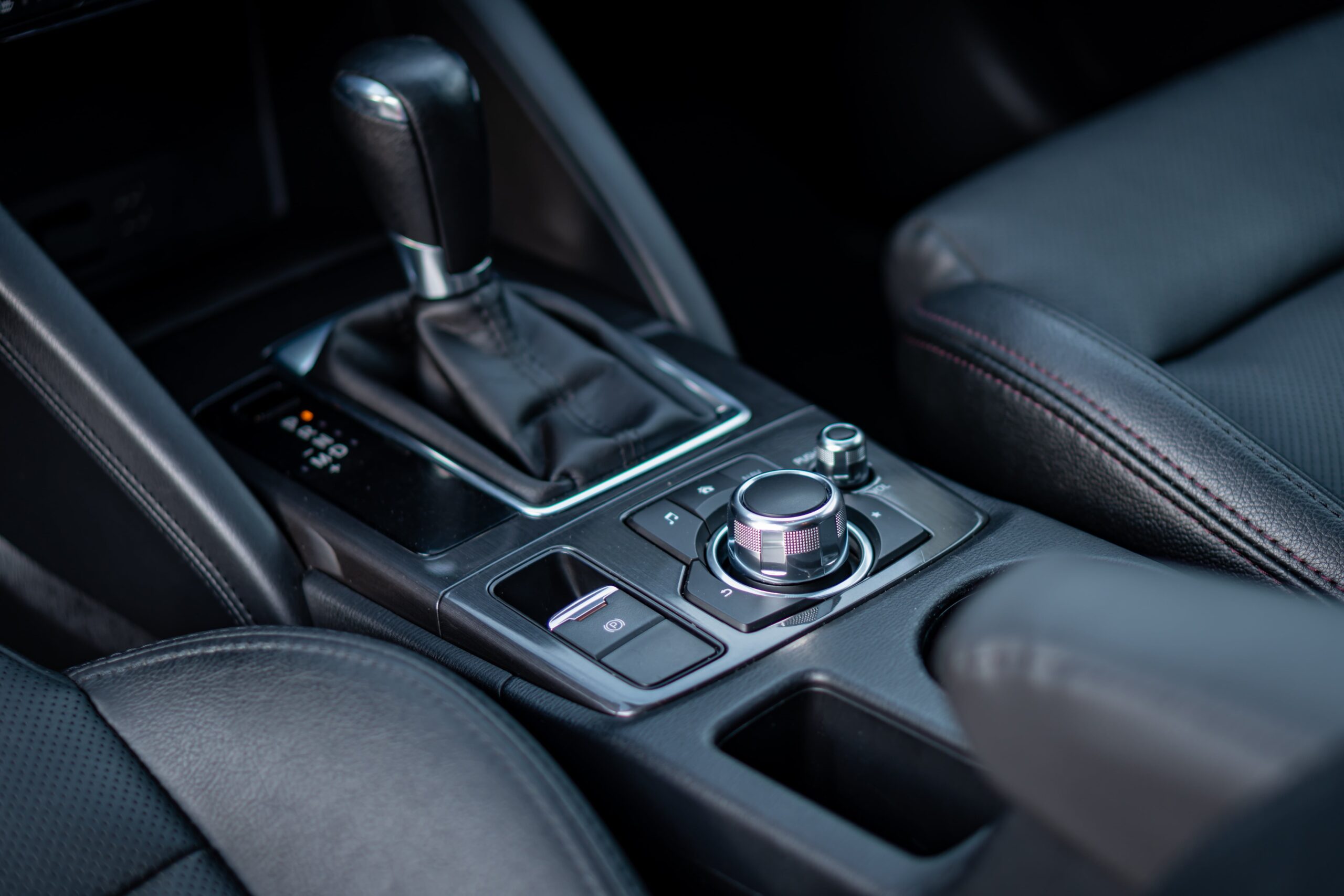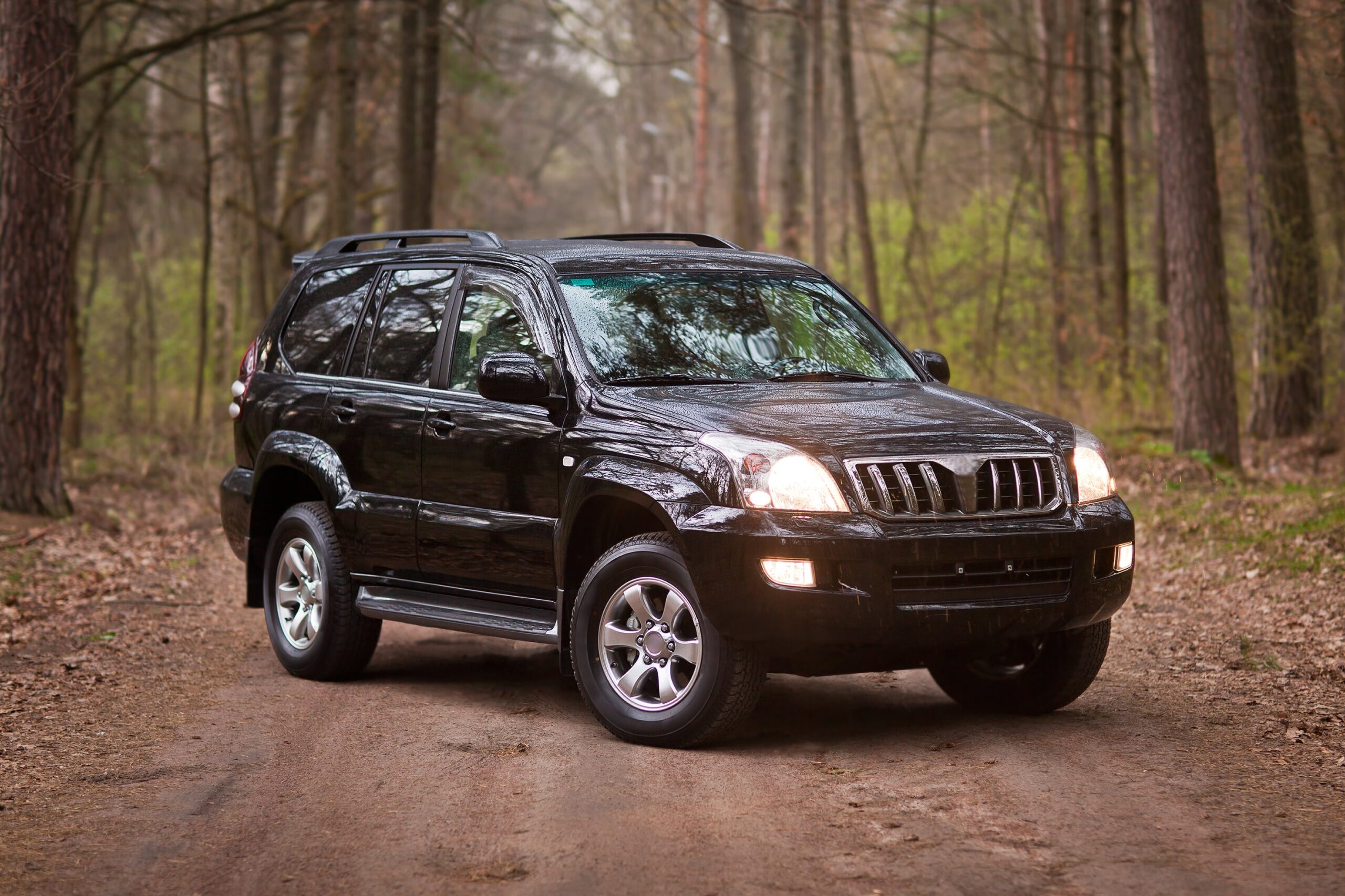
What Mileage is Good for a Used Car?
When it comes to buying a used car, one of the most important factors is its mileage. Mileage refers to the distance that a vehicle has travelled since it was first manufactured. The lower the mileage, the newer and more reliable a car is presumed to be.
But what exactly is considered good mileage for a used car? Unfortunately, there isn’t a single answer to this question as it depends on various factors.
In this article, we will discuss everything you need to know about mileage for used cars and how it can impact your buying decision.
Why Mileage Matters
Mileage is an important factor to consider when buying a used car because it can give you an idea of the overall condition and potential lifespan of the vehicle. A car with lower mileage is generally expected to have less wear and tear, making it more reliable and durable.
In addition, a car with good mileage may also fetch a higher resale value in the future. This is because a lower mileage vehicle is considered more desirable and can potentially last longer, making it a better investment for potential car buyers.
On the other hand, a car with high mileage may have parts that are nearing the end of Its lifespan, which could result in costly repairs down the line.
It’s also important to note that higher mileage doesn’t necessarily mean a vehicle is unreliable, as regular maintenance and good driving habits can extend the lifespan of a car.
What is Considered Good Mileage?
Well, there isn’t a specific number that can be deemed as “good” mileage for a used car. However, there are some general guidelines that can help you determine whether the mileage on a used car is acceptable or not.
- Less than 12,000 miles per year: On average, a car is driven for about 12,000 miles per year. So for example, if you’re looking at a used car that is three years old, it should ideally have mileage no more than 36,000 miles.
- Age of the car: The age of the car is also an important factor. For a car that is less than five years old, anything under 60,000 miles is considered good mileage. However, for a car that is more than ten years old, anything under 100,000 miles can be considered acceptable.
- Maintenance history: It’s always a good idea to ask for the maintenance records of a used car before making a purchase. If the car has been regularly serviced and well-maintained, higher mileage may not be as big of a concern. On the other hand, if a car has low mileage but hasn’t been properly maintained, it may end up costing you more in repairs.
- Type of car: Another factor to consider is the type of car. Some manufacturers are known for producing cars that last longer and have higher mileage capabilities. On the other hand, some models may need more frequent maintenance and have lower mileage expectations.
Ultimately, the “good” mileage for a used car will vary depending on your personal preferences and budget. However, it’s always recommended to thoroughly inspect the vehicle and get a professional inspection done before making a decision.
Also Read: Should I Buy a Diesel Car in 2024?
What Type of Mileage has the Vehicle Done?
Apart from just considering the mileage, it’s important to look at the type of mileage a vehicle has acquired. Cars that have mostly been driven on highways tend to have less wear and tear compared to those that have spent a majority of their time in stop-start city traffic. Highway driving is less taxing on the engine and braking system and generally indicates a smoother driving history.
Conversely, city mileage often involves frequent braking and accelerating, which can lead to quicker degradation of the car’s components. When evaluating a used car, try to ascertain the driving conditions it has most commonly been exposed to as this can provide a clearer picture of its potential longevity and future maintenance needs.
Not all mileage is created equal; the type of driving a vehicle has been exposed to can have a significant impact on its overall condition. A car that has predominantly been driven on highways may have higher mileage but could be in better shape than a vehicle with lower mileage from city driving. This is because highway driving is generally less strenuous on a vehicle’s engine and components, allowing for smoother operation and less frequent stop-and-go situations that can accelerate wear and tear.
It’s beneficial to ask about the environment the vehicle has been driven in—consistent commutes in heavy traffic and short trips can take a heavier toll on a car compared to longer, steady-speed journeys.
Need Quick Cash For Your Car?
Sell your car with confidence, our trusted buyers offer the best prices for high mileage vehicles.
Determining Good Mileage for Different Car Segments
The concept of ‘good’ mileage is not universal. It varies across different car segments due to the distinct uses and expectations tied to each type.
Here’s how you can gauge good mileage in relation to various categories of vehicles:
Family Sedans: What to Expect
Family sedans are typically used for daily commuting and occasional road trips. Therefore, a good mileage for a family sedan that’s been on the road for five years would generally fall under 75,000 miles. It’s also worth considering the driving conditions; sedans used mostly for highway commuting may fare better in terms of wear and tear compared to those driven primarily in stop-and-go city traffic.
SUVs: Why Mileage May Differ Due to Different Usage Patterns
SUVs are often subjected to a variety of usage patterns, including off-road driving, which can impact their good mileage evaluation. For instance, an SUV that has mostly served on city streets may be a better bet even with higher mileage compared to one that’s been taken off-road frequently, which can be tougher on a vehicle even with lower miles on the odometer.
Luxury Cars: How Mileage Impacts Value Differently
Luxury cars are a breed apart with regard to how mileage affects value. High mileage on premium vehicles could lead to a steeper drop in price due to the potential costs of maintenance and repairs. Buyers often expect luxury cars, even those with five to ten years under their belts, to have relatively low mileage, say below 50,000 miles, due to the expectation of a pampered life and higher standards of maintenance.
Pickup Trucks: Durability and Work Usage Factors
Pickup trucks are quite literally built for the long haul, often used in demanding conditions that can be considered part of the job—towing, hauling, and rugged terrain. Because of their robust nature and workhorse design, higher mileage is often less worrisome. A pickup truck that’s seven years old with 100,000 miles may still be in prime condition if it was well-maintained and not overly abused in challenging work scenarios.
Also read: Why are SUVs So Popular?
High Mileage Cars: Not Necessarily Deal Breakers
High-mileage cars have historically been approached with caution, but they shouldn’t automatically be dismissed as a bad investment.
In many cases, high mileage can signal a car that’s been used for regular, long-distance travel—often easier on a vehicle than frequent, short trips.
The continuous operation allows the engine to reach and maintain its optimal operating temperature, which may lead to less engine wear in the long run.
One clear advantage of buying a high-mileage car is the cost savings.
High mileage vehicles typically come at a lower purchase price, making them an attractive option for budget-conscious buyers.
If a car has been properly maintained, high mileage might not significantly impact its performance. It is crucial, however, to assess the thoroughness of its service history as this has a substantial role in alleviating mileage-related concerns.
A comprehensive service log can assure a prospective buyer that the vehicle has received the necessary care and maintenance to preserve its condition despite its higher odometer count.
Moreover, several high mileage cars are renowned for their reliability, even after crossing ambitious mileage thresholds. Brands like Toyota and Honda, with models such as the Corolla and Civic, respectively, are often cited for their durability, frequently surpassing the 200,000-mile mark while remaining dependable.
It is these examples that underscore the point that a high mileage vehicle, provided its service history is transparent and indicative of good care, can represent a sound purchase that may well continue to offer reliable service for many miles to come.
Mileage Myths Debunked
There are several common misconceptions about mileage that have been debunked by experts over the years.
Some of these include:
The myth that a car with low mileage is always better than one with high mileage.
In reality, the overall condition and maintenance history of a vehicle are more critical factors to consider when evaluating its value and reliability.
The belief that a car’s mileage can be easily faked.
While it’s not impossible to tamper with a vehicle’s odometer, modern cars have advanced technology that makes it increasingly difficult to do so. Plus, most dealerships and independent sellers keep detailed records of their inventory’s mileage, making it easier to detect any discrepancies.
The misconception that driving fewer miles will extend the lifespan of a car.
While regular maintenance and proper driving habits can help extend a car’s lifespan, the number of miles driven is not the only factor to consider. Factors like road conditions, weather, and driver behaviour also play significant roles in a vehicle’s longevity.
The idea that a car’s mileage solely determines its value.
While mileage is definitely an important consideration when determining the value of a vehicle, it’s not the only factor. Other aspects such as age, make and model, condition, and market demand also contribute to a car’s worth.
When to Compromise on Mileage
Balancing one’s budget with expected vehicle usage is key when deciding to compromise on mileage. If your driving needs are moderate and you’re not planning to put a heavy amount of miles on the car each year, opting for a higher-mileage vehicle at a lower cost could be a sensible choice.
However, prospective buyers must also reflect on future maintenance and part replacement costs. While initial savings may be tempting, it’s important to consider whether these costs might offset the lower purchase price in the long term.
Components such as the timing belt, water pump, and suspension parts are more likely to need attention as mileage increases.
As a rule of thumb, setting aside an emergency fund for these potential expenses can make opting for a vehicle with higher mileage a more viable and less stressful option.
Securing a car with a detailed service history will also provide insights into whether critical maintenance has already been undertaken, which might reduce future financial outlays.
Balancing these factors can guide you to a more informed decision when high mileage cannot be avoided for cost reasons.
Is It Wise To Buy a Car With High Mileage?
Buying a car with high mileage can make sense for some and not so much for others.
It ultimately depends on a range of factors, such as your budget, driving needs, future maintenance costs, and the vehicle’s overall condition.
However, with proper research and careful evaluation of all aspects related to high mileage vehicles, it’s possible to find a reliable car that can serve you well for many miles. So, before dismissing a car purely based on its high mileage, consider all the facts to make an informed decision that meets your unique needs and budget.
And remember, higher mileage doesn’t necessarily mean the end of the road for a car. With proper care and maintenance, it’s possible for a high mileage vehicle to continue performing well and providing reliable service for many more miles to come.
If you have a car with high mileage and want to sell, we buy any car! Simply enter your mileage and registration number on our website for a free valuation. We provide a hassle-free and convenient way to sell your high mileage car with free collection and instant payment.

